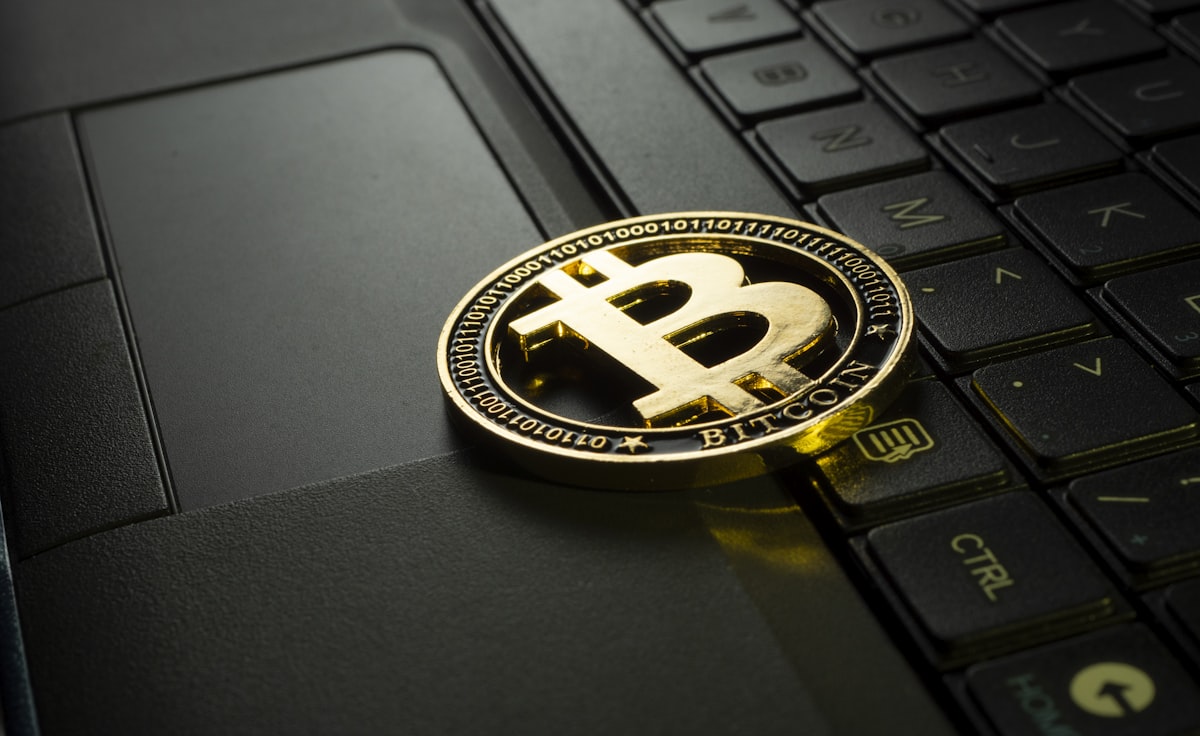DeFi in Latin America: Understanding Risks and Rewards
A comprehensive analysis of decentralized finance opportunities and risks for Latin American investors and consumers.

Understanding DeFi Opportunities and Challenges
Decentralized Finance (DeFi) is reshaping the financial landscape globally, with Latin America emerging as a key adoption region due to currency instability and limited traditional banking access.
What is DeFi?
DeFi refers to financial services built on blockchain networks, primarily Ethereum, that operate without traditional intermediaries like banks or brokers.
Key DeFi Services
- Lending and Borrowing: Peer-to-peer loans without banks
- Decentralized Exchanges (DEXs): Trade cryptocurrencies directly
- Yield Farming: Earn rewards by providing liquidity
- Staking: Earn returns by validating network transactions
- Synthetic Assets: Trade derivatives of real-world assets
Why DeFi Appeals to Latin Americans
Financial Inclusion
- Access for the unbanked population
- No minimum balance requirements
- 24/7 availability without geographical restrictions
- Lower barriers to entry than traditional banking
Currency Hedge
- Protection against local currency devaluation
- Access to USD-pegged stablecoins
- Portfolio diversification opportunities
- Inflation hedge through cryptocurrency exposure
Higher Yields
- Lending rates often exceed traditional savings accounts
- Liquidity mining rewards
- Staking returns from network participation
- Yield farming opportunities
DeFi Opportunities in Latin America
Lending Protocols
Popular platforms offering competitive rates:
- Aave: Multi-currency lending with flexible terms
- Compound: Algorithmic interest rate determination
- MakerDAO: DAI stablecoin generation through collateral
Decentralized Exchanges
- Uniswap: Largest DEX by volume
- SushiSwap: Community-governed exchange
- Curve: Optimized for stablecoin trading
- 1inch: DEX aggregator for best prices
Yield Farming
Strategies for earning returns:
- Provide liquidity to trading pairs
- Stake governance tokens
- Participate in protocol incentives
- Compound returns through reinvestment
Significant Risks to Consider
Smart Contract Risk
- Code vulnerabilities and exploits
- Unaudited protocols pose higher risks
- Historical hacks resulting in fund loss
- Immutable code means unfixable bugs
Impermanent Loss
- Temporary loss when providing liquidity
- Occurs when token prices diverge
- Can become permanent if positions are closed
- More pronounced in volatile pairs
Regulatory Uncertainty
- Evolving legal frameworks across Latin America
- Potential restrictions on DeFi protocols
- Tax implications for DeFi earnings
- Compliance requirements for users
Technical Complexity
- Steep learning curve for new users
- Private key management responsibility
- Gas fees can be substantial
- Transaction irreversibility
Risk Management Strategies
Due Diligence
- Research protocol security audits
- Check total value locked (TVL) and usage
- Understand tokenomics and governance
- Read community feedback and reviews
Portfolio Diversification
- Spread investments across multiple protocols
- Mix of established and emerging platforms
- Balance between high and moderate risk strategies
- Include traditional investments alongside DeFi
Start Small
- Begin with small amounts to learn
- Understand platform mechanics before scaling
- Test withdrawal processes
- Build experience gradually
Security Best Practices
- Use hardware wallets for large amounts
- Enable multi-factor authentication
- Keep private keys secure and backed up
- Be cautious of phishing attempts
Regulatory Landscape
Current Status by Country
- Mexico: Crypto-friendly with clear regulations
- Brazil: Regulated exchanges, DeFi in gray area
- Argentina: Crypto accepted, DeFi largely unregulated
- Colombia: Cautious approach, evolving framework
- Chile: Generally supportive, working on comprehensive rules
Compliance Considerations
- Monitor local regulatory developments
- Keep detailed records of transactions
- Understand tax obligations
- Consider legal implications of protocol participation
Getting Started Safely
Education First
- Learn blockchain basics
- Understand DeFi mechanisms
- Practice with testnet versions
- Join educational communities
Choose Established Protocols
- Start with large, audited platforms
- Check insurance coverage options
- Understand governance mechanisms
- Monitor protocol updates and changes
Risk-Appropriate Allocation
- Only invest what you can afford to lose
- Consider DeFi as speculative investment
- Maintain emergency funds in traditional accounts
- Balance risk with potential rewards
Future Outlook
DeFi adoption in Latin America is likely to grow as:
- Infrastructure improves
- Regulatory clarity increases
- User education advances
- Traditional finance integrates blockchain technology
However, success requires careful navigation of risks while taking advantage of unique opportunities that DeFi presents for financial inclusion and yield generation.
The key is approaching DeFi with proper education, risk management, and realistic expectations about both potential returns and possible losses.

